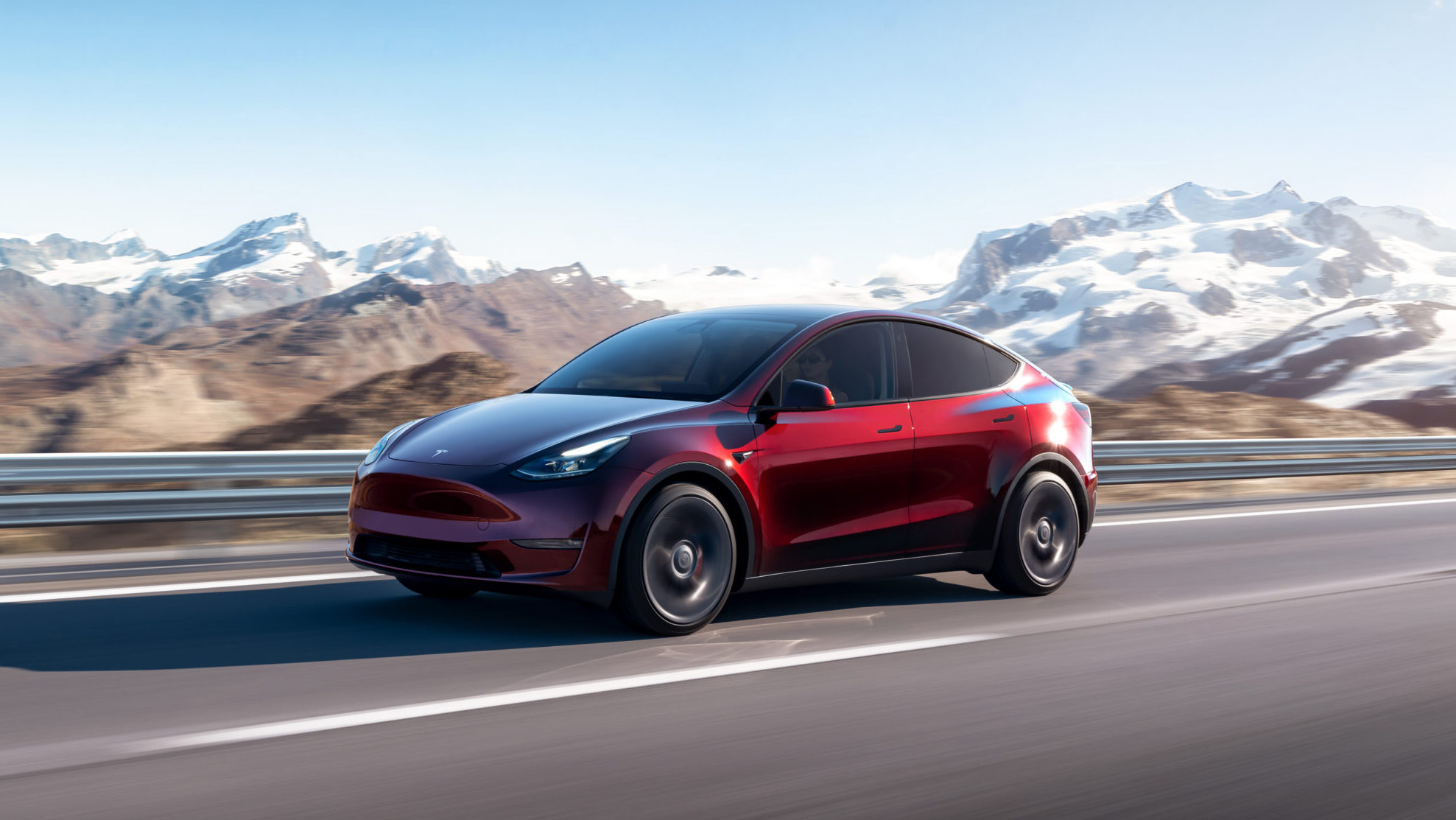

Tesla is a disruptor, like it or not. Since the start, it has approached issues in different, often Wild West, ways. Whether it’s offering the first luxury EV, using everybody as a beta test for its advanced driver’s assistance systems, building cars in tents, or using wood and zip ties to finish cars, Tesla’s attitude and approach to building cars fundamentally differs from the established automakers. Now, Tesla wants to expand its troublesome Gigacast parts beyond front and rear crash structures. It wants to cast the entire EV skateboard in the same way.
Gigacast is Tesla’s method of using huge castings to make expansive sub-assemblies without the need for multiple parts. Normally, cars are produced using stamped sheets of metal bonded together with welds or structural adhesives. Automakers do this for several reasons: It’s easier to produce, easier to repair, and generally reasonably cheap to do. However, it does require a few steps in production to create stamped parts like this, which requires increased investment in manufacturing facilities.

Gigacast takes all those stamped steel parts and instead uses a huge casting die to make all of those parts in one motion. According to Reuters, Tesla says it can turn 400 parts into one single part using Gigacasting, but it comes with serious caveats. Casting something that large is complex, requiring careful consideration of the alloy used, the cooling method, and the design of the casting mold. Already, Tesla’s Gigacast Model Y front ends have shown issues, with obvious cracks in the front end of one owner’s car. Not to mention, a huge cast part is almost impossible to repair whereas the traditional folds of stamped metal can be fixed using traditional methods.
Now, that’s not to say the method isn’t interesting or feasible. Other automakers are experimenting with similar techniques because of the reduced cost, lighter weight, and simplified production process. Smaller cast structural parts are commonplace in auto manufacturing, with the Porsche 718 and 911 using cast aluminum strut towers.
It’s Tesla’s track record with quality doesn’t spell confidence. Especially with the difficulty the automaker has with doing simpler production tasks, this might spell more trouble. Regardless of anything, Tesla is going to give it a try and hope for the best.
Got a tip? Email tips@thedrive.com